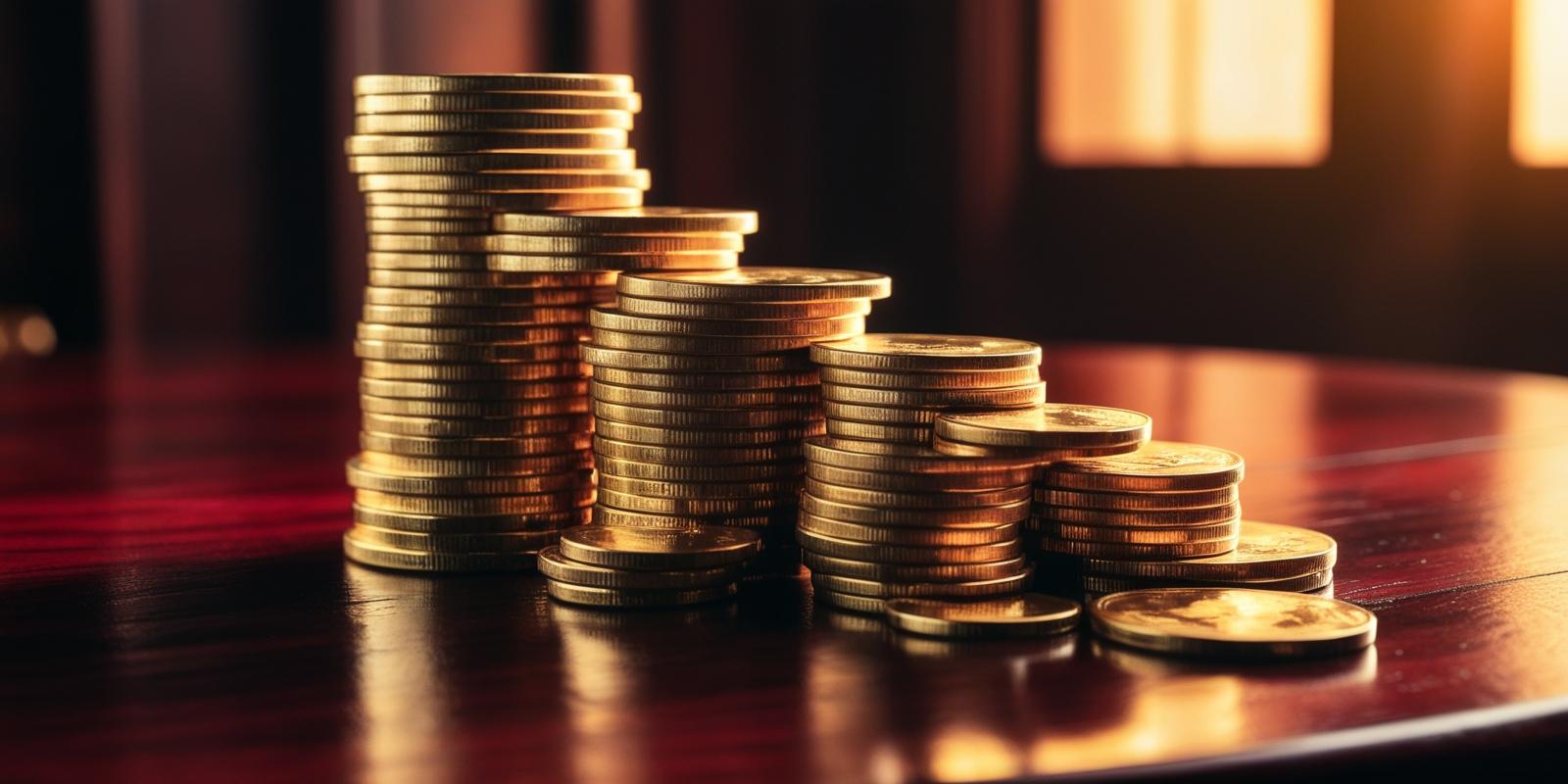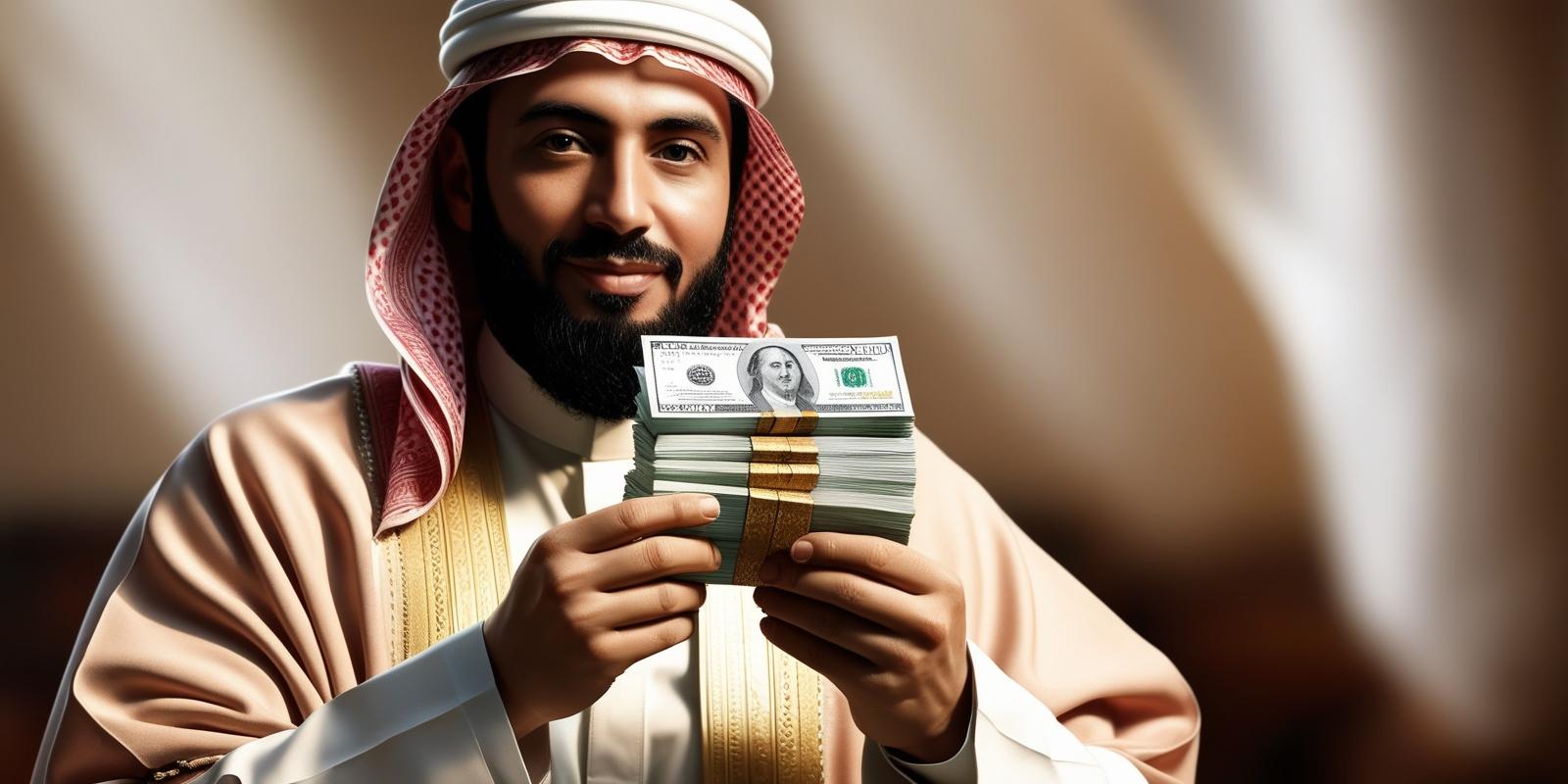Imagine Waking Up Rich, But Halal
Imagine waking up ten years from now. You didn’t win the lottery. You didn’t sell a startup. But your wealth—halal, peaceful, barakah-filled wealth—has grown silently while you were focused on prayer, purpose, and progress.
Sounds too good to be true? Welcome to the power of Islamic compounding.
You’re in your 20s now. You’re working hard, maybe studying, maybe figuring out life. But what if I told you that the decisions you make right now will echo for decades? That every halal dollar you save and invest today could turn into ten tomorrow—not just in worldly gain, but in eternal reward?
In this blog, we’re diving deep into how Islamic compounding works—not just mathematically, but spiritually. So buckle in. This isn’t just finance. This is barakah in motion.
Barakah Over Balance: Redefining Wealth the Islamic Way
Before we talk numbers, we have to talk niyyah (intention). In the West, wealth is often measured by how many zeros are in your bank account. But in Islam, wealth is about barakah—divine blessing that multiplies what you have, even when it looks small on paper.
The Prophet Muhammad (peace be upon him) made dua for barakah in wealth, not just quantity. One dirham with barakah could outperform ten without it. That’s the real compounding—when Allah puts khayr in your effort.
Financial growth in Islam starts with halal income. That means avoiding riba (interest), fraud, and all unethical gains. Why? Because haram money might grow fast—but it collapses faster. Like a tree with rotten roots, it looks fine until the storm hits.
Barakah, on the other hand, turns ordinary actions—like saving, budgeting, or investing—into acts of ibadah (worship). You’re not just building net worth. You’re building akhirah returns.
Quick Reset: Ever met someone who always seems broke no matter how much they earn? That’s what happens when there’s no barakah. It’s like pouring water into a bucket with holes.
So, the next time you’re tempted by a quick but shady deal, ask yourself: “Would I want this wealth to show up on my Book of Deeds?”
Start Early, Start Small: The Secret Sauce of Islamic Compounding
Here’s a powerful hadith to hold onto:
“The most beloved deeds to Allah are those that are consistent, even if small.” (Bukhari)
That’s not just a spiritual principle—it’s the golden rule of financial success. Compounding thrives on consistency.
Let’s do the math. If you invest just $100 a month starting at age 20, with a halal return rate of 8%, you could have over $150,000 by age 45. If you wait until age 30 to start, you’d only have $66,000. That’s the cost of delaying barakah-building. Time is your best investor.
Why? Because in compounding, money earns money—and then that money earns more money. It’s like planting a tree: the earlier you plant it, the more fruit it gives.
Even better, if your investments are halal—like sukuk, Islamic ETFs, or halal mutual funds—you’re earning without guilt. You’re earning with intention.
Still think $100 isn’t enough? That’s the price of 20 lattes a month. Or one fancy dinner date. Which one is more likely to pay for your future child’s education?
Investing with Imaan: Halal Pathways to Grow Your Money
Now let’s talk tactics.
Most people your age are told to throw their money into the S&P 500, real estate, or crypto. But as a Muslim, you don’t just ask, “What gives the best return?” You ask, “Is this pleasing to Allah?”
Islamic finance provides us powerful tools: halal stocks, sukuk (Islamic bonds), gold, REITs, and even Shariah-compliant ETFs. These options allow you to grow your money without compromising your deen.
You avoid interest-bearing assets, speculative trades (gharar), and unethical industries (like alcohol, gambling, etc.). You replace them with transparency, shared risk, and moral impact.
That’s not just smart investing—it’s spiritual investing.
But what if the market crashes? How do you stay halal and protect your future? Hold that thought—we’ll get to that.
Sabr & Shukr: The Emotional Side of Long-Term Wealth
We live in a world of fast. Fast food, fast cars, fast money.
But Islamic compounding doesn’t work that way. It demands sabr (patience) and shukr (gratitude).
You might not feel like you’re getting rich this month. But the seeds you’re planting now are working underground. Like the bamboo tree that takes years to break the soil, then grows 90 feet in six weeks.
Barakah is slow, but steady. It may test your patience. You’ll see your friends buy things on credit. You’ll feel behind. But remember: you’re building something real.
Every time you skip riba, choose halal over hype, and invest with intention, you’re storing reward—not just in this life, but in the next.
Want a get-rich-quick scheme? Try this: make sincere dua, invest halal, and go to sleep. Repeat for 10 years.
Legacy Over Luxury: Why Your Wealth is a Trust, Not a Trophy
We’ve come full circle.
You’ve earned halal. You’ve invested smart. You’ve watched it grow with barakah.
But now comes the real test: What will you do with it?
In Islam, wealth is an amanah (trust). The Prophet (SAW) said, “The best of you are those who are most beneficial to others.”
Your wealth isn’t meant to die in your bank account. It’s meant to fund sadaqah jariyah, support your family, build communities, and create legacies that outlive you.
Compounded wealth is powerful. But compounded reward? That’s next level.
So as you grow your income, grow your impact. Build a waqf. Sponsor a child. Fund Islamic education. Teach others. That’s how you build wealth that transcends death.
You’ve learned how to build wealth with barakah. But here’s the million-dollar question: Do you really know if your income is halal or haram? Don’t miss our next blog: “Halal vs Haram Money: How to Know the Difference.”

